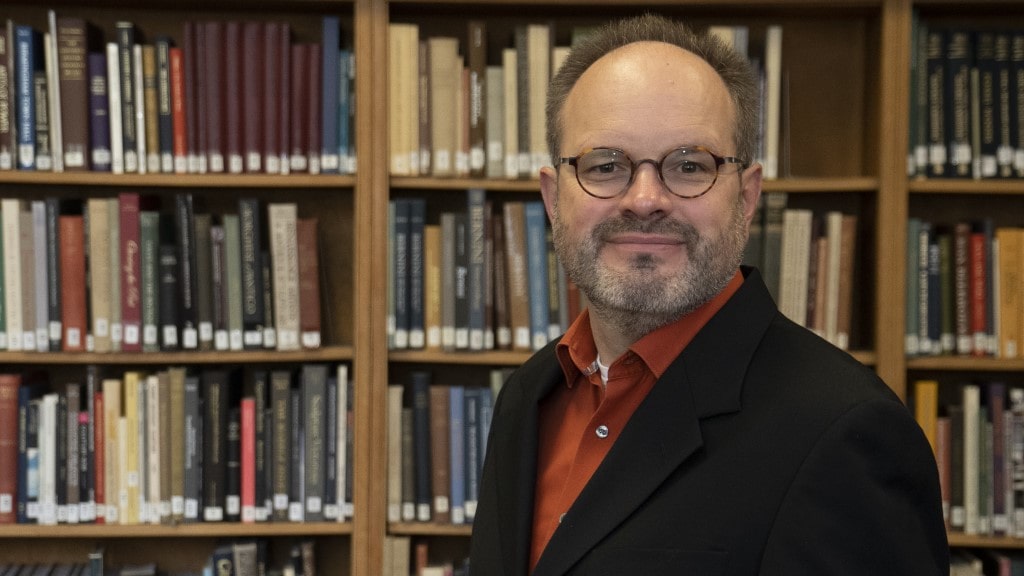What can history teach us about monocultures and food security in the 21st century?
Afghanistan is once again a country in turmoil, but, as the Taliban tightens its grip on power, few commentators will give more than a passing thought to agriculture. Yet the Taliban’s roots are planted resolutely in the countryside and with water an increasingly scarce commodity, it is unsurprising that poppies are an increasingly popular crop.
As wheat becomes ever more challenging to grow, cultivating poppies for the international opium trade is an easier proposition – the flowers require just a fraction of the amount of water needed by wheat.
‘Forgetfulness’ about food in modern society is a privilege afforded only to Western consumers. With a plethora of food and drink available year-round, we have little concept of the agricultural struggle veiled by our smorgasbord of choice. Yet the bulk of world history is driven by agriculture – whether coffee in Brazil, bananas in Honduras or opium in Afghanistan.
Focusing on a single type of crop or livestock at a time, AKA monoculture, allows farmers to supply the lion’s share of our food, whilst creating a raft of economic, social, political and environmental problems. Yet there is no biological theory of monoculture – and plenty of evidence for the benefits of biological diversity.
“From the corn fields of Iowa to date palms in the Sahara; from banana plantations in the Americas to eucalyptus trees in India – wherever we look, we find large production regimes dedicated to a single commodity,” comments Dr. Frank Uekötter – Professor of Environmental Humanities at the University of Birmingham.
“Some monocultures, such as the rice paddies of China, are sustainable and supply local demand. Creating vast quantities of cheap food has its obvious attractions, but the case against monoculture is massive.”
 Professor Frank Uekötter
Professor Frank UekötterIt is widely accepted that monoculture is not a good practice for the environment and may hasten the advent of associated problems that will impact food security.
One long-standing example is coffee-rust, a fungus which originated in Sri Lanka 150 years ago that attacks the plant and blights the crop. Orange production in Florida could be wiped out within a decade because a tiny invasive insect called Asian Citrus Psyllid carrying a severe bacterial disease known as ‘citrus greening’.
“The global history of monoculture is a centuries-long stumble with its origins in the sugar plantations of the Caribbean as far back as the 17th century,” explains Professor Uekötter. “The traditional methods of subsistence farming were more diverse and ecologically sound, but export to Europe driven by money and profits bolstered by cheap slave labour provided the starting point for the world to wander through a catalogue of labour conflicts, soil exhaustion, fertility issues and meteorological threats.”
However, the narrative is about to acquire a new dimension, as Professor Uekötter has received a prestigious Advanced Grant from the European Research Council of €2 million for his project ‘The Making of Monoculture: A Global History’.
Using a global history approach, Professor Uekötter and his team will examine the persistence and growth of crop monocultures – applying the lessons of history to a world where organic crop production faces unprecedented challenges and food security is an increasingly urgent issue.
Working with experts from the Birmingham Institute of Forest Research (BIFoR) and the agricultural sciences, the researchers will produce four detailed case studies, including a study of growing vegetables in the east of England which will replicate many of the features found in the Latin-American agri-economy – albeit on the team’s doorstep.
The outcome will be a global history of monoculture, powered by a bottom-up approach looking at specific monocultures; historians using tools unavailable to their scientific counterparts to understand the seemingly inexplicable global phenomenon of monoculture.
“Monoculture represents a huge gamble for modern society, and we work without a paradigm,” states Professor Uekötter. “Usually, whatever we do, we have a set of underpinning principles that support the development of a way of working, yet we have no such framework to account for the ongoing mania for monoculture.
“Examining global history will demonstrate the similarities between otherwise different monocultures and allow us to identify common patterns in the development of monocultures across the world. We aim to offer a new interpretation of why monocultures are so resilient and pervasive, despite plenty of evidence for their socioeconomic, political and ecological problems.”

The tipping point for monoculture came at the end of the Second World War. With an expanding global population to feed, technology and science – supported by major injections of money and a growing sense of urgency – boosted the spread of single crop farming around the globe. The 1960s, in particular, were a transformative decade with Europe’s Common Agricultural Policy leading the charge towards single-crop agriculture.
“We follow Nobel Laurete Elinor Ostrom with empirically dense, conceptually sophisticated investigations,” adds Professor Uekötter. “According to Ostrom, a resource arrangement that works in practice can work in theory. That was a swipe at the dogmatism of the economic profession, and maybe we can push that a bit further. Maybe a resource arrangement that cannot work in theory can stumble on in practice? If so, monoculture may be the greatest stumble in world history.”
While a historian, Professor Uekötter is aware that monoculture is an ongoing endeavour.
“Somehow that fledgling operation grew into a monster. We may have to cut our losses at some point, but monoculture has absorbed decades of huge investment and moving away from it will be akin to attempting a handbrake turn in a supertanker.”
The unanswered question is whether organic farming can feed the world as efficiently as monoculture has in the past. Finding viable and scalable alternatives to single crop agriculture will be one of the 21st century’s defining challenges, as monoculture provided the key to unlocking supplies of cheap and available food. This came at a significant human cost, however, with agri-business improvising just in order to maintain a predatory, but efficient, regime.
Get Quest updates directly into your inbox
Subscribe to Quest to receive email updates
Food crisis in this century may be less apocalyptic and more like ‘the death of a thousand cuts’, with a multitude of food shortages, threats to social stability and the deepening of an already significant urban-rural divide.
“We’re facing a global revolt in the countryside as a result of a food production regime that puts a premium on profits. Meaningful employment, fulfilment and good health are needed from any production system in rural areas
“Whether organic farming can replace monoculture in maintaining food security is a question to which we have no answer, as we’ve never tried,” comments Professor Uekötter. “But we’re hugely excited about creating a global research network that will use the tools of history to answer the most pertinent of questions about monoculture – ‘why?’.”


Nenhum comentário:
Postar um comentário
Comentários são sempre bem-vindos, desde que se refiram ao objeto mesmo da postagem, de preferência identificados. Propagandas ou mensagens agressivas serão sumariamente eliminadas. Outras questões podem ser encaminhadas através de meu site (www.pralmeida.org). Formule seus comentários em linguagem concisa, objetiva, em um Português aceitável para os padrões da língua coloquial.
A confirmação manual dos comentários é necessária, tendo em vista o grande número de junks e spams recebidos.